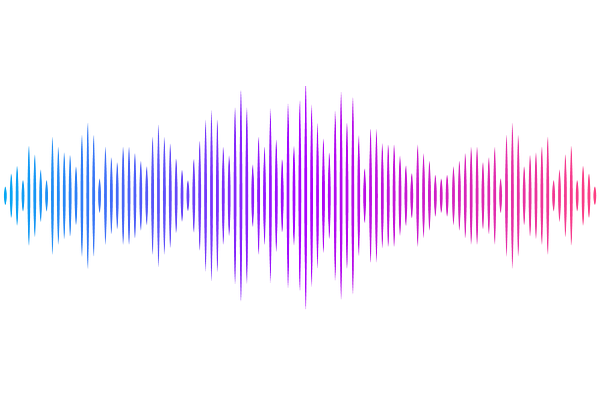EZH1 Q571R-mediated chromatin compaction and its oncogenic potential in thyroid cancer

EZH1 Q571R-mediated chromatin compaction and its oncogenic potential in thyroid cancer
Lee, C.-H.; Kim, H.; Kim, D.-G.; Ha, S.; Jang, J.-Y.; Vitorino, F. N. d. L.; Gongora, J. M.; Kim, W.; Oh, Y.; Park, G.; Kang, H.; Im, S.-H.; Jung, C. K.; Kim, S.-Y.; Jung, I.; Won, J.-k.; Garcia, B. A.; Kim, S.; Lee, K. E.; Ryu, J.-K.
AbstractDysregulation of Polycomb Repressive Complex 2 (PRC2) contributes to tumorigenesis. Of its catalytic subunits, EZH1 and EZH2, EZH2 mutations in cancer have been extensively studied, but the role of EZH1 in cancer remains largely unexplored. The recurrent EZH1Q571R mutation in follicular thyroid cancer suggests its involvement in tumor progression. Using EZH1 ChIP-seq, ATAC-seq, and H3K27me3 CUT&Tag, we demonstrated that EZH1 Q571R enhances chromatin binding and compaction and stimulates PRC2-EZH1 catalytic activity, leading to increased H3K27me3 levels and repression of tumor suppressor genes. Purified PRC2-EZH1 Q571R demonstrated a significant increase in histone methyltransferase activity compared to PRC2-EZH1 WT via enhanced nucleosome binding and DNA compaction. Notably, this effect is particularly prominent with EZH1 Q571R but only modestly seen with the corresponding EZH2 Q570R mutation, suggesting an EZH1-specific mechanism. We additionally demonstrated PRC2-EZH1 Q571R can methylate H3K27 in pre-existing H3K36me2/3 nucleosomes, disrupting chromatin homeostasis. Our findings provide key insights into the molecular pathogenesis of EZH1Q571R-driven follicular thyroid cancer.